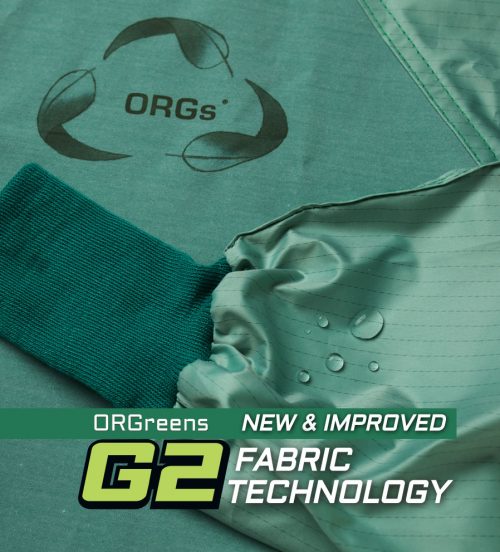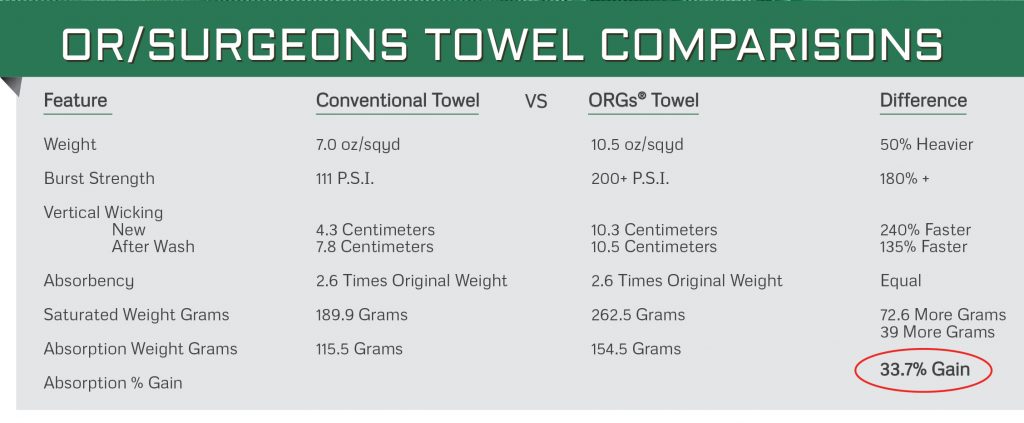The US healthcare industry conservatively contributes more than 5.9 million tons of complex waste annually to the planet. The OR is one of the largest users of supplies and produces 20-30% of this waste. Solid and regulated medical waste either ends up in landfills producing methane with six-times the global warming potential of carbon dioxide, or in medical or waste-to-energy incinerators producing greenhouse gases, toxic substances, and ash residues.
Additionally, incinerators emit more C02 per megawatt-hour than any fossil fuel-based power source. We as veterinarians are essentially silent contributors to the overall waste production. However, we are not exempt and are ultimately responsible for the amount and management of the waste we generate. What will be the costs to our practices and facilities once we are held accountable, and to our planet and future generations?
An ideal first measure is to develop ways to minimize our waste footprint by switching from disposable to reusable items and increasing our recycling. This begins with purchasing products that reduce the impact on our health and environment while simultaneously reducing current and predicted future costs of disposal.



